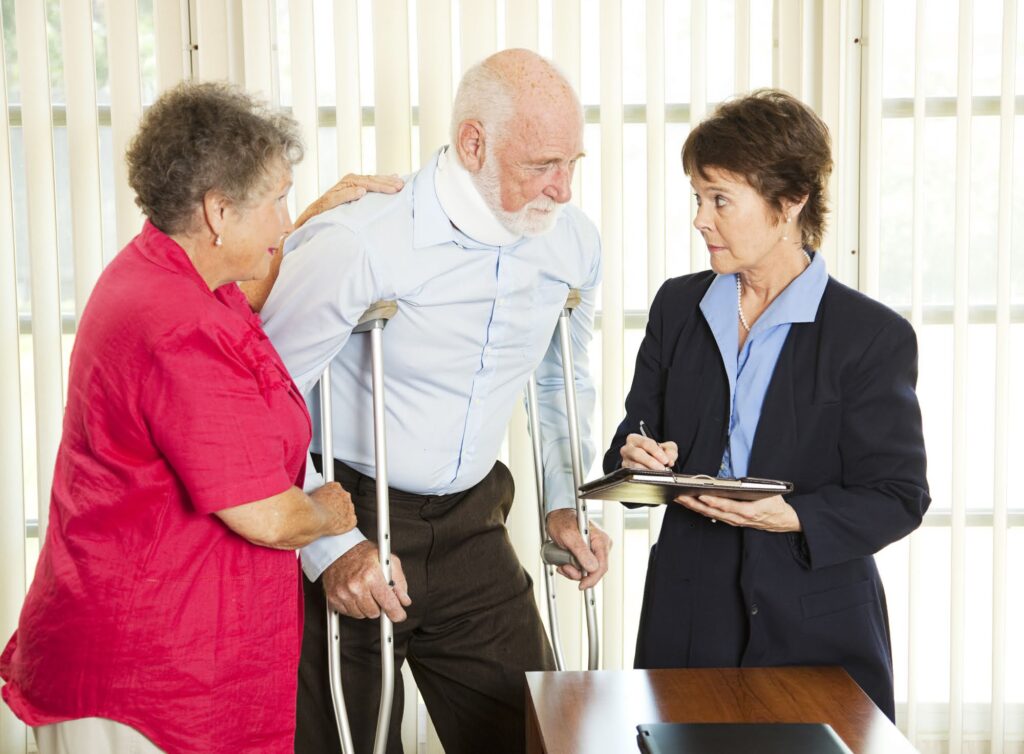Social media has become a significant part of everyday life, allowing us to stay connected and share moments with friends and family. However, when you’re involved in a personal injury case, your activity on social media could play an unexpected role in the outcome. What you post, share, or even comment on can potentially be used as evidence and affect your ability to secure fair compensation. Understanding how social media intersects with legal proceedings is crucial to protecting your case and your rights.
The Role of Social Media in Legal Cases
Social media platforms are increasingly being used in legal proceedings to gather information. Insurance companies, defense attorneys, and investigators often monitor the online presence of claimants involved in personal injury cases. Their goal is to find anything that might contradict the injury claims or undermine the credibility of the claimant.
For instance, a simple post about attending a social event or running errands might be misconstrued as proof that your injuries are not as severe as you claim. Even seemingly harmless check-ins or tagged photos by friends could provide opposing parties with information that challenges your narrative. With social media being public or semi-public in nature, this information is easily accessible and admissible in many court proceedings.
How Social Media Posts Can Be Used Against You
Once something is posted online, it’s often difficult to control how it is interpreted or used. Opposing parties in a personal injury case may review posts, comments, or photos to look for inconsistencies. Here are a few common ways social media content can negatively impact your case:
Contradicting Your Injury Claims
If you’re pursuing compensation for a physical injury, a photo or video of you engaging in physical activity could damage your credibility. For example, being photographed hiking or lifting heavy objects might suggest that your claimed injuries are exaggerated or nonexistent.
Misleading Perceptions
What you post may not fully represent the context of your situation, but it can be misinterpreted. A cheerful photo or status update may lead the opposition to argue that your injuries haven’t affected your emotional well-being, even if the truth is more complex.
Friends’ Posts Can Work Against You
Even if you’re cautious about what you post, content shared by friends can have unintended consequences. A tagged photo or a comment about what you’re doing could supply evidence that conflicts with your legal claims.
Privacy Settings Aren’t Foolproof
Many people believe that setting profiles to “private” ensures safety. However, courts and subpoenas can grant access to private content, and mutual connections may inadvertently share privatized posts with third parties.
The Importance of Legal Guidance
Navigating a personal injury case is challenging, especially when the stakes are high and social media serves as another layer of complexity. An experienced personal injury lawyer understands how to safeguard your rights, guide your actions, and address disputes that arise from social media content.
A skilled attorney not only helps you build a strong case but also advises you on how to respond if the opposing party uses social media against you. With their expertise, you’ll have the insights needed to anticipate challenges and maintain control of your narrative. Proper legal representation ensures that the focus remains on the facts of your case, rather than irrelevant or misleading online activity.
Social media is a powerful tool, but it can also be a liability in a personal injury case. Understanding its potential impact and taking steps to safeguard yourself can make a significant difference in the outcome. By being mindful of your online presence and working closely with a personal injury lawyer, you can ensure that your actions don’t unintentionally undermine your efforts to seek fair compensation.
Contact us today to protect your rights and build the strongest case possible.


